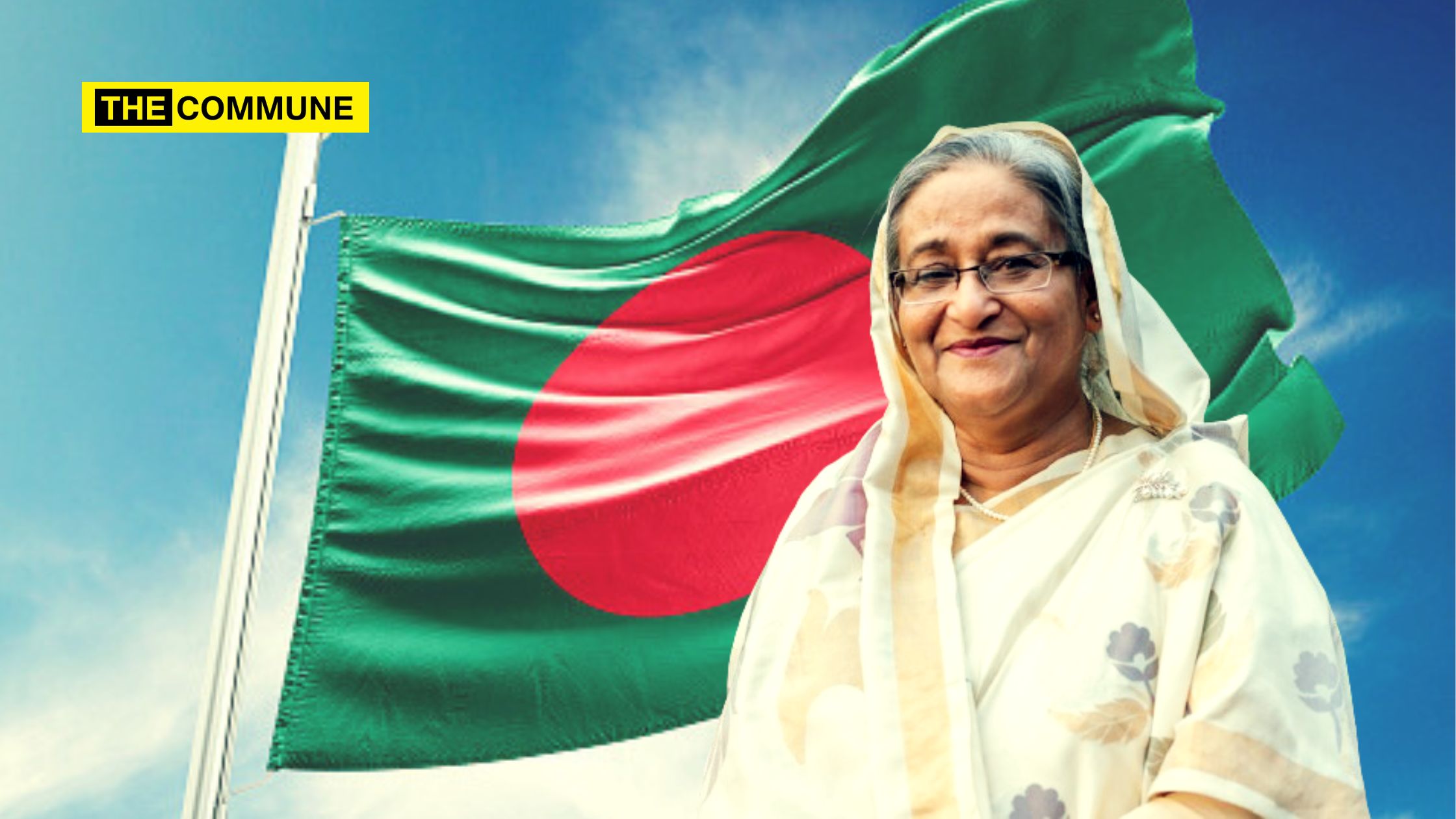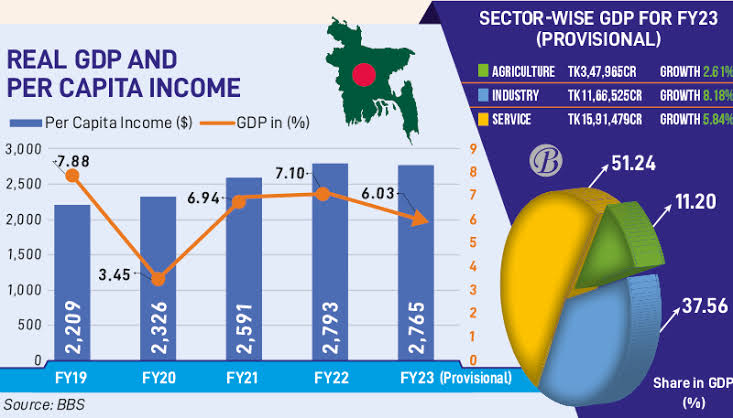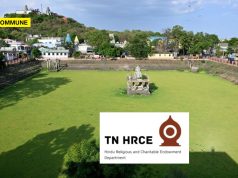
Bangladesh’s Prime Minister Sheikh Hasina resigned amidst escalating protests and arrived at Ghaziabad’s Hindon Air Base near New Delhi aboard a C-130 Hercules aircraft.
Following Sheikh Hasina’s resignation and departure from Bangladesh amid widespread protests, the Modi-led Indian government convened an all-party meeting on 6 August 2024 to discuss the country’s current political turmoil.
Key Union ministers, including Home Minister Amit Shah, Defence Minister Rajnath Singh, External Affairs Minister S Jaishankar, and Parliamentary Affairs Minister Kiren Rijiju, attended the 10 AM meeting.
On 5 August 2024, Bangladesh reported that clashes between demonstrators and members of the Awami League resulted in the deaths of at least 96 people due to police gunfire.
According to Dhaka Tribune, unrest on Monday claimed the lives of at least 135 people in Bangladesh, involving police shootings, mob attacks, and arson incidents across the nation.
Following clashes between police and troublemakers on Monday, at least 18 people were killed on the outskirts of the capital, specifically in the Savar and Dhamrai areas.
Prothom Alo, citing sources from Dhaka Medical College Hospital, reported that 500 individuals were admitted with injuries, including gunshot wounds, with 70 of them remaining hospitalized.
After Sheikh Hasina departed from Bangladesh, reports from local media indicated that individuals entered the Ganabhaban, the Prime Minister’s residence, and were seen leaving with various items. There were also reports of people entering the Parliament building and taking items from within.
What Are Sheikh Hasina’s Contributions To Bangladesh?
While leftist voices echo Western sentiments, the reality presents a different narrative. Notable achievements in several critical areas have marked Sheikh Hasina’s tenure:
Economic Growth
Under Sheikh Hasina’s leadership, Bangladesh has consistently maintained a robust GDP growth rate, exceeding 6% and reaching over 8% in recent years. This growth trajectory has positioned Bangladesh to become a middle-income country.

Infrastructure Development
Infrastructure projects like the Padma Bridge, Dhaka Metro Rail, highways, and power plants have significantly bolstered connectivity and economic activities nationwide.
Poverty Reduction & Social Development
The government’s initiatives in social safety nets, poverty alleviation programs, and digital literacy through the Digital Bangladesh program have notably reduced poverty rates and empowered communities.
Industrial Growth and Export Expansion
The Ready-Made Garments (RMG) sector has flourished, making Bangladesh the second-largest exporter globally. Government policies supporting industrial growth, export diversification, and economic zones have attracted substantial foreign investment.
Women Empowerment
Efforts to enhance women’s access to education, microfinance, and employment opportunities have not only advanced gender equality but also contributed to economic growth by integrating more women into the workforce.
Handling the Rohingya Crisis
Humanitarian Response
In 2017, Bangladesh opened its borders to Rohingya refugees fleeing violence in Myanmar, demonstrating a solid commitment to human rights and earning international acclaim for its compassion.
International Advocacy
Sheikh Hasina has been a prominent advocate for Rohingya rights in international forums, urging global action for their safe return to Myanmar.
Resource Mobilization
Collaborating with international organizations and NGOs, Bangladesh has mobilized resources to provide essential aid, including food, shelter, healthcare, and education to Rohingya refugees despite resource constraints.
Diplomatic Efforts
Sheikh Hasina’s administration has actively engaged in diplomatic efforts to pressure Myanmar for the safe repatriation of Rohingya refugees and sought international sanctions against Myanmar for their human rights violations.
Countering Extremism & Ensuring Security
Security Measures
The government has implemented rigorous counter-terrorism measures, enhancing security forces, intelligence capabilities, and legal frameworks to combat radical groups like JMB and Ansarullah Bangla Team.
Community Engagement And De-radicalization
Programs promoting moderate Islamic teachings, community engagement, and socio-economic development have been pivotal in mitigating radicalization and promoting societal harmony.
International Cooperation And Judicial Actions
Bangladesh has collaborated closely with international partners, including India, the United States, and regional organizations, to combat terrorism through strengthened laws and judicial actions.
Efficient Check On China’s Influence
Sheikh Hasina’s administration has navigated China’s diplomacy strategically and pragmatically. She maximized mutual benefits from bilateral engagements while protecting Bangladesh’s interests.
In summary, despite facing various challenges and criticisms, Sheikh Hasina’s tenure has substantial achievements across economic development, humanitarian efforts, security enhancements, and diplomatic engagements.
(This article is based on an X post by Saikiran Kannan)
Subscribe to our Telegram, WhatsApp, and Instagram channels and receive the best stories of the day delivered personally.




